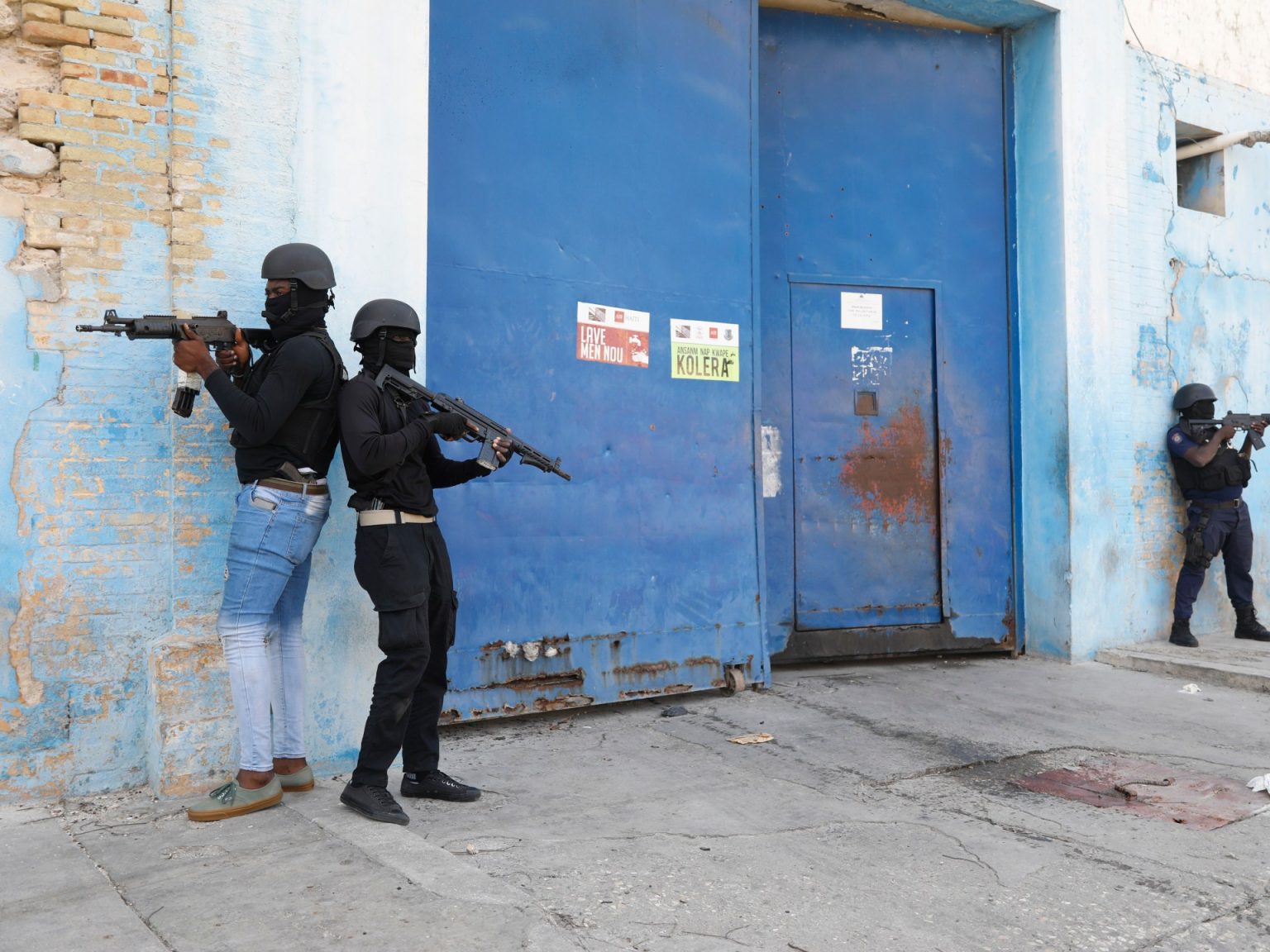Haiti is experiencing a dire situation of gang violence, with more than 1,500 people killed in the first three months of this year, including many children. The United Nations has highlighted the need for immediate and bold action to address this catastrophic situation. The instability in Haiti has been exacerbated by the political turmoil and violence following the assassination of President Jovenel Moise in 2021, which created a power vacuum allowing armed gangs to gain more influence, particularly in the capital, Port-au-Prince.
The situation worsened in February when rival gangs led by former policeman Jimmy “Barbecue” Cherizier joined forces to remove unelected Prime Minister Ariel Henry. The violence targeting critical institutions like hospitals and banks has continued amid a deepening crisis of hunger and displacement. The Office of the High Commissioner for Human Rights report revealed a surge in gang violence last year, with thousands killed and wounded. The report also highlighted the recruitment and abuse of children by gangs, as well as the use of sexual violence to control people.
Gangs in Haiti have been carrying out brutal attacks, including killing people in their homes and using sexual violence as a means of control. The UN report called on states to support the rapid deployment of an international security force to address the escalating violence and human rights abuses. The UN High Commissioner for Human Rights emphasized the urgent need to stop these practices and take immediate action to prevent the country from collapsing.
The UN Security Council approved the deployment of an international mission to help restore security in Haiti, but the force has yet to be deployed. The situation is so critical that the need for international police trained to deal with gangs has increased to up to 5,000 personnel. Without swift action, the police force in Haiti may not be able to regain control of security. Haitian Prime Minister Ariel Henry has been stranded in Puerto Rico amidst the coordinated attacks by gangs and efforts to finalize the deployment of the UN-approved force.
Several countries, including Kenya, the Bahamas, Bangladesh, Barbados, Benin, and Chad, have pledged personnel to support the international security force deployment in Haiti. Additionally, Caribbean leaders are working to establish a new ruling council in Haiti comprising various political groups following Henry’s resignation announcement. The council aims to have nine members with voting powers, but internal disagreements over power-sharing have delayed its formation. The urgency of the situation in Haiti underscores the need for immediate international intervention to address the escalating violence and prevent further human rights abuses.


